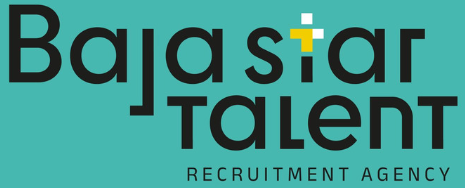It seems like a fictional movie, but it is a real case of a company in India. They decided to lay off a large part of its customer service department to replace it with a chatbot.

Dukaan, a firm specializing in facilitating the creation of e-commerce websites, decided to replace 90% of their human support team with a chatbot named Lina: they say it has allowed them to be more efficient and is now being considered for sale to third parties.
Suumit Shah, CEO of Dukaan, justified the measure as an imperative necessity in a challenging economic environment. According to him, the transition was difficult but inevitably necessary to improve the company’s profitability.
“Was it difficult? Yes. Was it necessary? Absolutely,” he said in a post on X, where he details the results obtained with the implementation of Lina.
With the implementation of this technology, initial response times were reduced from 1 minute 44 seconds to “instant,” while problem resolution times went from 2 hours 13 minutes to just 3 minutes 12 seconds. Additionally, customer support costs were reduced by approximately 85%.
Shah defended his approach, arguing that startups, especially in a changing economic context, must prioritize profitability over the ambition of becoming “unicorns” valued at billions of dollars.
“It’s less magical, sure, but at least it pays the bills!” said the CEO. A pragmatic reality faced by many new companies in the tech field, where financial sustainability is crucial for long-term survival.
Shah compared the situation to the idea of Lionel Messi working full-time in a sports store, arguing that those with tech experience should be employed in more strategic and specialized roles within the company.
Initially, the chatbot faced criticism for its limited ability to handle specific and complex queries. However, with continuous adjustments and improvements, the AI managed to efficiently resolve a significant number of inquiries and issues. According to Shah, approximately 200 live chats and 1400 support tickets were marked as ‘resolved’ by Lina on its first full day of enhanced operation.
The results of this chatbot have led the company to offer the service as an external solution to other companies. It has become an unexpected line of business, leveraging its experience in technological development and customer satisfaction.
Despite the criticisms, Dukaan continues with its vision of integrating artificial intelligence more broadly into its operations. The company plans to continue improving Lina to handle a wider range of queries and offer an even more robust and satisfactory customer support service.

The impact of AI on different professions and economic sectors
In a report by the World Economic Forum in collaboration with Accenture, titled “Jobs of Tomorrow: Large Language Models and Jobs,” the impact of AI on different professions and economic sectors has been assessed.
The information technology and finance sectors appear to be the most susceptible to AI-driven automation. In the IT sector, it is estimated that 73% of tasks could experience a high degree of automation, with only 1% of tasks likely to remain unchanged by AI.
On the other hand, the financial sector faces a similar outlook, with 70% of tasks highly impacted by AI, especially in areas such as accounting, auditing, and financial records management.
This automation promises to increase the accuracy and speed of processes and free professionals for higher value-added tasks that require unique human skills, such as strategic decision-making and personalized advice.
